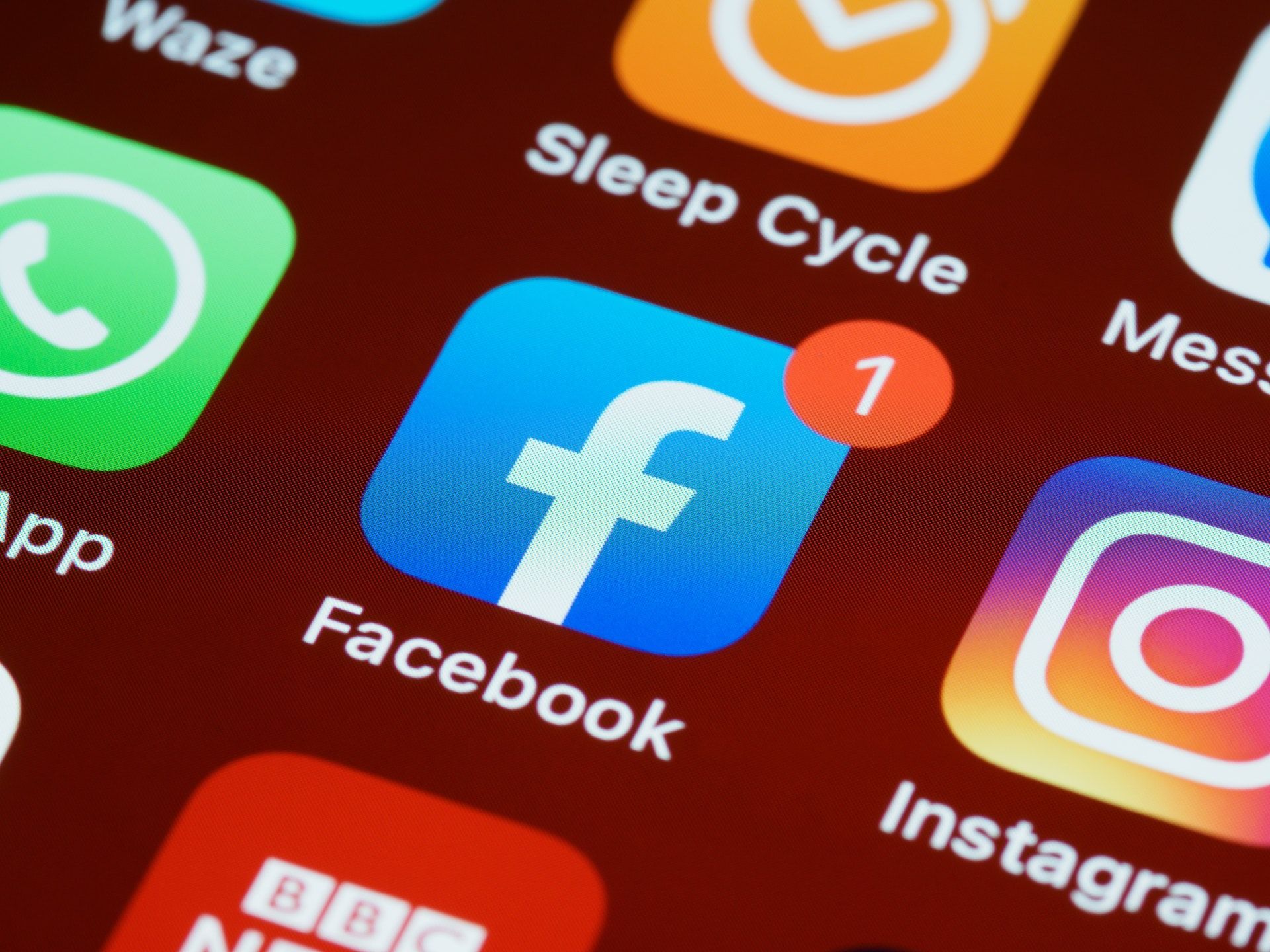Modern warfare takes place on several fronts: land, sea, air, and, equally importantly, in the media. Who defines the narrative has a huge advantage: Russia limits the freedom of media outlets within its territory and wants the Kremlin’s voice to be heard in the West during the war.
Propaganda and censorship are not today’s inventions. Those in power have always tried to convince the public that their actions are rational and justified. The „rationale” can be that the invaded land belongs to our nation or that we are superior to other peoples. However, today it is not enough to plaster the main square with propaganda posters and declare that we have the absolute truth, as there are virtually infinite sources to get information. Still, the solution is simple: we should promote our own truth from all directions until people are overwhelmed with impulses.
Political Capital’s report shows that the Russian propaganda machine has wanted to control public discourse since the first day of the war, not only in Russia but also internationally. The research primarily concerned the phenomenon of „repetitive comments” in line with Russia’s narrative under various Facebook posts. These comments result from the activity of people working multiple shifts to comment in line with the propaganda narrative under a multitude of posts from profiles that appear to be real, reaching users who otherwise would not have been concerned about the Russo-Ukrainian war.
The researchers monitored the propaganda commenters’ activities in four countries and found they posted different messages in different countries. The trolls tailored their messages to the countries’ specific characteristics in Germany, Hungary, Italy, and Romania to optimize the success of the propaganda attack campaigns. Their messages have been consistent, unified, and broadly disseminated since the beginning of the invasion, most frequently and powerfully repeated in the first phase of the war.
Hungary
Four key Russian propaganda messages became dominant in Hungary. The first is that Ukraine does not exist as a state. The propagandists ignore the fact that Ukraine has been recognized as a sovereign state even by Moscow. They lied that Kyiv never registered at the UN as a successor state of the USSR, so Russia can do practically whatever it wants with Ukraine, as it has no borders.
The second propaganda narrative is that Kyiv committed genocide against the Russian minority living in Ukraine. Many people have indeed died violently in the country since 2014, but this is mainly due to the Russian-backed separatist movements. The truth is that no evidence was found that Ukraine committed genocide against ethnic Russians. Ukraine’s minority policy is controversial and widely criticized but claiming that Kyiv has committed genocide is simply a huge lie.
Russian propagandists’ third argument is that Ukraine’s government is a sham, with 80% of the leadership being US citizens. Their lies can be disproved by a single Google search: for instance, the trolls claim that Ukraine’s Minister of Health is an American woman while, in reality, the position is held by a Ukrainian-born, ethnic Ukrainian man. The truth is that Ukraine is an independent, sovereign state with freely and democratically elected leaders. Kyiv is not controlled by American spies or secret agents, but perhaps the Russians think that if they repeat it enough, it will become a fact in the users’ minds.
The fourth Russian message is that the Maidan Uprising, the wave of pro-West protests and civil unrest in 2013-14, was organized by the CIA to overthrow then-President Viktor Yanukovych to make it possible to NATO to set up military bases in Crimea. These comments are accompanied by the argument that the United States is the real aggressor, and the EU is only damaging itself with the imposed sanctions. Such messages were relatively short-lived, the Hungarian Facebook users could see them only for a week after the war broke out, but still, those who are active on the social media platform could encounter them even 1107 times.
Germany
The German users mostly met with the theme that the West (meaning primarily the US and NATO) had deceived and betrayed Russia: The West is expanding eastwards, despite promising the Soviet Union that it would not make the former Warsaw Pact members allies. In this narrative, Ukraine is not a sovereign country but a puppet state of the West.
The speculation that the West was behind the Euromaidan (Maidan Uprising) is also conveyed to the German users, together with the lies and accusations that Crimea has legitimately joined Russia and that Ukrainian Nazis have been terrorizing Donetsk and Luhansk since 2014. These allegations are powerful because they portray Ukraine not as a sovereign state but as the West’s puppet and justify that Russia’s territorial claims offend the US interests and not Kyiv. These messages perfectly fit into the Kremlin’s narrative that Ukraine is a buffer state between the West and Russia and that the war is actually not fought between Ukraine and Russia, but between NATO and Russia, with NATO being the aggressor.
Italy
2042 Russian troll comments were posted on Italian Facebook pages. Accusing Ukraine of genocide has been one of the most dominant themes in Italy too, and here it has been linked to Hunter Biden, the son of US President Joe Biden. Italian comments also claim that the protests in 2013-14 were organized by the West, so the West is responsible for the deaths too.
Another theme in Italy has been the drastic increase in gas and electricity prices. These comments frequently claim that the skyrocketing energy prices are solely the result of the war and that the EU sanctions should be blamed for them. The Russian propagandists also say it is in Rome’s interest to trade with Moscow, as Russia has been Italy’s top energy supplier.
A third narrative links the COVID-19 pandemic with the Russo-Ukrainian war. The commenters claim that the United States has built laboratories in Ukraine to develop bioweapons. The trolls argue that the pandemic and the vaccines were made to control the Italian people. Furthermore, Putin is just the victim of „international media terrorism” through targeted smear campaigns. The last topic on Italian Facebook is the argument that the weapons sent to Ukraine do not help the Ukrainian people at all, as more Ukrainians will die, and they only serve to make a stronger European bargaining position in the negotiations with Moscow.
Romania
A longer text was posted on Romanian Facebook from several fake accounts. The first half of the text is a 14-point list of Ukraine’s „sins;” events intending to illustrate Ukraine’s hostility toward Romania. The list is followed by a lengthy essay on why Ukraine is a Nazi state, accusing many Ukrainian leaders of advocating the Nazi ideology.
Another dominant theme in Romania is the mistreatment of minorities in Ukraine, which we have already seen in the previous country’s analysis. Mistreatment is perhaps an understatement, as the Russian trolls accuse the Ukrainians of murdering ethnic minorities, including Romanians. And with this argument, Russian propagandists can easily win the sympathy of nationalist users, especially as it is not a clearly pro-Russian and pro-Kremlin message; it instead incites against Ukrainians.
An average, not-so-conscious Facebook user might not even realize that the profile behind the comments is not real; in many cases, it is impossible to verify it. That is why such propaganda attacks on social media can be very successful: if we see and hear the same argument from several sources, we are more likely to believe that the message is true.

Wrapped in letters | Regional Gift Guide

Salgótarján: the essence of late modern architecture










